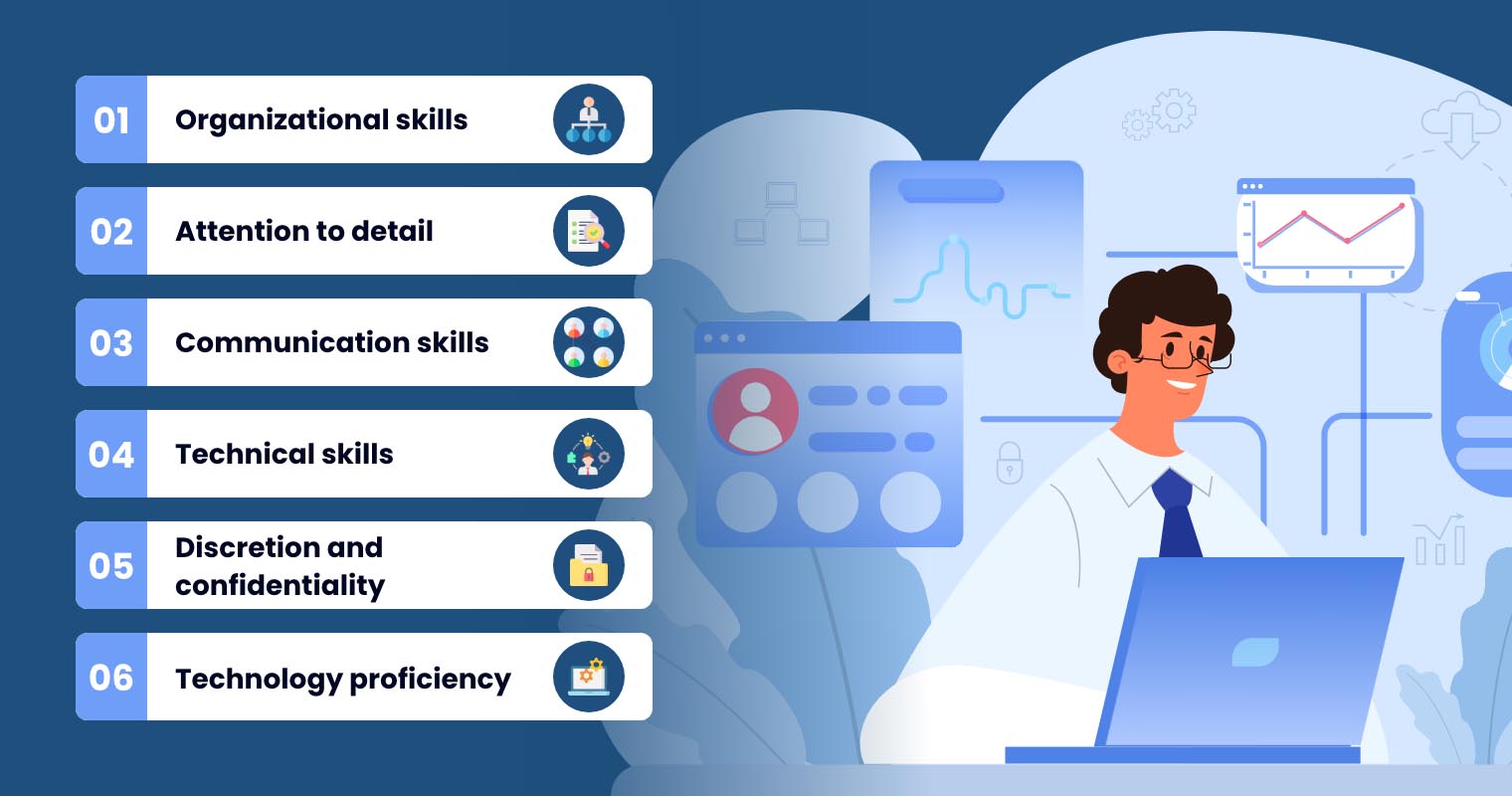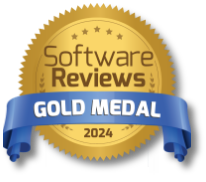As custodians of organizational order, a board administrator is typically accountable for supporting the management of board governance, policies, and procedures. They essentially provide administrative support to the board — may it be scheduling meetings or preparing board documents.
In this guide, we’ll explore the duties and responsibilities of an administrator, and the skills and knowledge one should possess.
What does an administrator do?
A board administrator often acts as a liaison between the board and executive leadership, helping achieve organizational goals. Among their critical board functions involve:
- Crafting and maintaining the board’s orientation manual and other board-related records — updating them as needed.
- Scheduling day-to-day board operations and regular meetings.
- Preparing agenda or meeting packs and other board documents, in accordance with legislative requirements and required timelines.
- Drafting the official minutes of the Board of Directors and committee meetings.
- Supervise the automation of corporate records on behalf of board action taken at meetings; that is, converting minutes and resolutions into PDF format.
- Assisting with the safekeeping and destruction of documents in accordance with the records retention policy of the board and company.
- Supporting the implementation of company by-laws and board policy resources, and verifying if they align with legislative requirements.
Depending on the requirements of the board, administrators may also tackle extra duties, including:
- Administering directors’ compensation and travel expense reimbursement, in accordance with company policies.
- Attending seminars, training, etc., to stay updated in corporate governance, as well as to maintain professional status.
- Maintaining regular communications with the board to keep directors informed of important developments.
- Representing the board when interfacing with customers, and referring them to the customer service manager to resolve issues.
- Performing projects as requested and/or assigned by the board of directors.
Skills and Qualities of an Effective Board Administrator 
With tons of duties on their plate, being a board administrator requires a range of skills one should master. To give you an overview, here are some skills and knowledge one must have to be an effective administrator.
- Organizational skills — Multitasking most definitely goes hand in hand with administrative positions. This is why organizational skills are important. In order to juggle the board’s schedules, one should have skills to organize and maintain things such as:
- meeting packs, board reports, and databases,
- board appointments and calendars, and
- travel arrangements, if necessary.
- Attention to detail — Having a keen eye for detail is critical for creating error-free meeting minutes and board materials. It’s the fine details, such as how the paperwork should be prepared or what time it should be sent out, that make an effective administrator.
- Communication skills — Such skills are a must in any administrative role. Engaging with not only board members but different stakeholders as well, an administrator should know how to absorb and disseminate information in a clear manner, may it be written or verbal.
- Technical skills — Having a strong proficiency in board procedures and processes is necessary for an administrator to effectively perform the job. Specialized board governance knowledge and analytical ability are some skills to develop.
- Discretion and confidentiality — Working with the board of directors involves dealing with confidential information. Administrators should have the ability to exercise discretion and navigate ethically complex situations to ensure the integrity of sensitive board data.
- Technology proficiency — This is non-negotiable in working as a board administrator. Creating financial reports, maintaining board documents, and distributing meeting details are now done digitally. For such reason, skills in tools like board portals, email software, and accounting systems are essential.
How to Become a Board Administrator
Starting a career as a board administrator demands a range of qualifications. Different organizations often have different board administrator job descriptions. Here’s an overview of the common qualifications that you should meet.
Education and Experience
Much like in every professional career, earning a bachelor’s degree is usually the first step. Majors such as business management or public board administration are among the best options. Other employers prefer graduates from accredited colleges or universities or have a master’s degree in a related field.
As for the relevant experience, working two to five years in the field in an administrative or management role is often a requirement. During those years, you are expected to have been in project management or supervisory capacity to qualify as a board administrator.
Professional Development and Certifications
Professional development courses and programs are good options to broaden your skills and knowledge working in an administrative role. A few of the certification courses you can take are:
- Certified Administrative Assistant (CAA) — This course can help you prepare for a career as an administrative assistant in various industries. Participants must pass the exam from the National Career Certification Board (NCCB) to get certification.
- Certified Administrative Professional (CAP) — An NCCA-accredited credential designed for administrative professionals. The course covers the intricacies of human resource fundamentals, organizational communication, office and records management, and so on.
- Certificate Program in Association Management — This professional credential, offered by the American Society of Association Executives (ASAE), is designed to assess skills and knowledge in association management.
- Certified Meeting Professional (CMP) — Such designation from Meeting Professionals International (MPI) is ideal for meeting professionals, organizers, and strategists who want to demonstrate professionalism in their industry.
Below are other certification courses that can be beneficial for boosting your skillset and credibility in the administrative field.
- Certified Association Executive (CAE) — This certification is created to elevate professional standards and designate professionals with the essential knowledge into the appropriate association management profession. Such credential is provided by the American Society of Association Executives (ASAE).
- Chartered Governance Qualifying Programme — Offered by Chartered Governance Institute (CGI), this course is designed for governance professionals, company secretaries, and professionals in law or finance roles transferring to governance positions.
Please note that the designations above require various qualifications or years of experience in the related field, prior to taking their exams. Make sure to look into those beforehand.
Frequently Asked Questions About Board Administrator
How does a board administrator handle conflicts within the board?
In most cases, timely intervention is an effective approach to address issues early on and not let them fester or escalate. Discernment is also helpful in terms of identifying the best resolution based on the specific situation and personalities involved. Some conflicts may need direct mediation, others may benefit from more subtle interventions.
How much is a board administrator’s salary?
According to Salary.com, the median annual board administrator salary in the United States is $97,753 as of October 2023. The salary range for board administrators typically falls between $75,353 and $120,719. Some factors that affect the board administrator’s salary, include location, experience, educational background, industry, and organization size.
Can a small organization benefit from a board administrator?
No matter the size of the organization, having a board administrator can be beneficial. Also, depending on the scope of work, small businesses may opt to outsource a board administrator to save a few bucks but still benefit from their expertise when needed.
How does technology impact the role of a board administrator?
Automating repetitive tasks and minimizing risks of human error are two great examples of tech impact on the role of board administrators. Given the volume of tasks that board administrators have, doing everything manually is not only daunting but also susceptible to human error. With the right tech, administrators can do their jobs faster without sacrificing accuracy.
What tools can be used for efficient board administration?
There are several tools that a board administrator must be able to get familiar with to accomplish tasks. But using just one state-of-the-art board management software like Convene may help in boosting efficiency. This all-in-one platform allows administrations and board members to do everything without switching to different apps. May it be creating agendas and minutes, conducting live interactive meetings, reviewing and signing documents, as well as live voting and Q&A.
Elevate the Performance of Board Administrators with Convene

Board administrators undeniably grapple with tons of responsibilities. Using board management software like Convene, however, can remarkably enhance their efficiency in managing daily tasks.
Convene is a leading board management software designed to elevate the role of board administrators. The platform offers a suite of features curated to streamline administrative tasks, from agenda and minutes creation to action item tracking.
Other useful features that Convene offers include:
- Document Library for managing and sharing confidential board files
- Review Rooms for easy access and approval of documents, and review of their status
- Voting and Resolutions for getting directors to sign off board documents without hassle
- Audit Trail for keeping track of user actions relating to the board’s data and information
See the complete list of its key features here. Interested in trying Convene? Book a demo today!
Jielynne is a Content Marketing Writer at Convene. With over six years of professional writing experience, she has worked with several SEO and digital marketing agencies, both local and international. She strives in crafting clear marketing copies and creative content for various platforms of Convene, such as the website and social media. Jielynne displays a decided lack of knowledge about football and calculus, but proudly aces in literary arts and corporate governance.


![How to Create a Board Skill Matrix + Template [Free Download]](https://cdn.azeusconvene.com/wp-content/uploads/2024Q3_Jul_Board-of-Directors-Skills-Matrix-Whitepaper-C-Dark.png)








